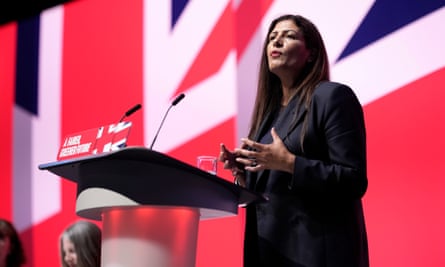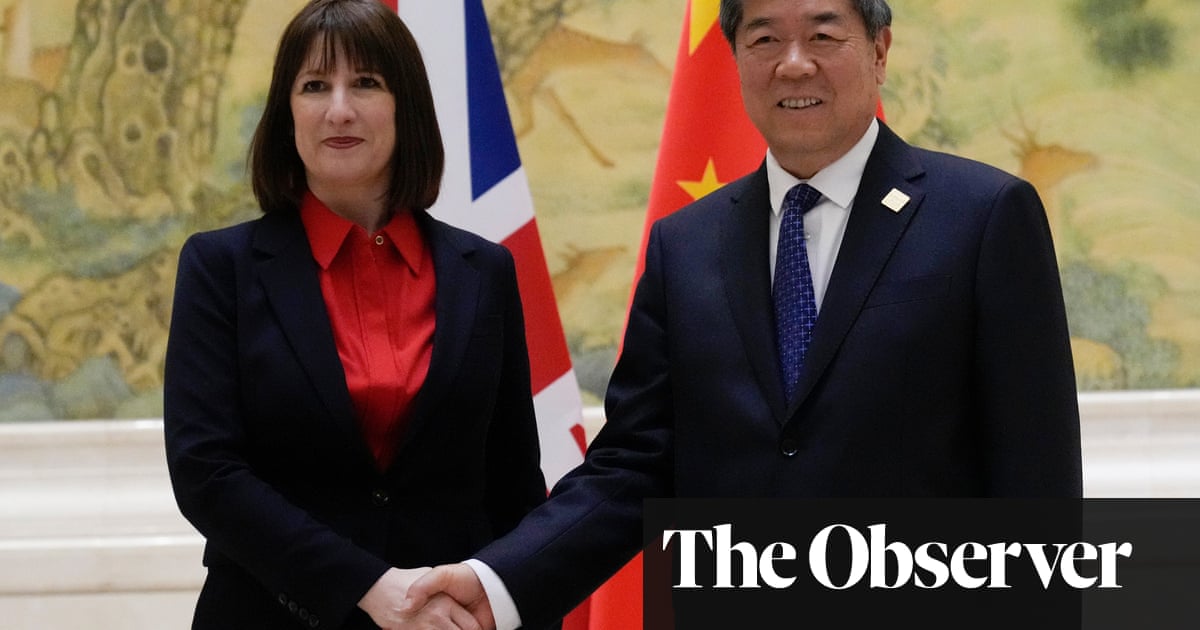British Sikhs are being stopped at airports and questioned about their attitudes towards India, a Labour MP has said, raising concerns about Delhi’s influence over British security checks.
Preet Gill, one of the most prominent Sikhs in parliament, has written to the home secretary, Yvette Cooper, to voice her concern over a number of British Sikhs who she says have been stopped and questioned at length when re-entering the UK. The questions have centred on the decades-old dispute over whether Sikhs should be granted their own homeland in south Asia.
Her comments reflect growing anger among British Sikhs about alleged harassment either by or on behalf of the Indian government. They come amid an escalating diplomatic row between India and Canada over the shooting of Hardeep Singh Nijjar in British Columbia, which Canada believes involved Indian officials.
In her letter, which she sent in September, Gill raised the cases of “a number of Sikhs” who she said had contacted her with concerns about being stopped at the British borders.
She said one man had been stopped and held at Manchester airport for several hours on his way back from a family holiday in Turkey, during which time he was asked what his views were on Sikhism, on the partition of India, and on Nijjar’s death in Canada.
She added that he had been “roughly handled” and that one of the officers had attempted to remove the man’s turban, a symbol of his faith.
“The anecdotal evidence I have gives me cause for concern, that law-abiding Sikhs are being targeted, and that they are being subjected to inappropriate questioning that centres on their identity and religious beliefs, for no apparent reason,” she wrote.

“The practices I am hearing about are leaving law-abiding Sikhs feeling victimised and unsafe. It is important, in order to maintain trust, that these processes are fair, impartial, and treat all communities with the same dignity and respect.”
The Home Office declined to comment.
The Indian government has long been worried about the Sikh nationalist movement, which campaigns for a Sikh homeland known as Khalistan to be carved out of Punjab in north-west India. The movement has occasionally spawned acts of terrorism, such as the bombing of Air India flight 182 in 1985, which killed 329 people on board.
Delhi’s concerns about Sikh nationalists have in recent years focused heavily on the Sikh diaspora, especially in North America and the UK, triggering tensions between India and foreign governments.
Canada and India are in an extended diplomatic standoff after Nijjar’s killing, with Ottawa now alleging that Amit Shah, the Indian home affairs minister, has been involved in a series of plots to intimidate and murder Sikhs in Canada.
In the UK, the Sikh activist Avtar Singh Khanda died suddenly last June after complaining that Indian police were harassing him over the phone and threatening his family in Punjab.
The Conservative MP Neil O’Brien wrote to James Cleverly, Cooper’s predecessor, earlier this year expressing concerns over Khanda’s death, urging the then home secretary to seek answers from West Midlands police over their investigation into it.
Sikh community leaders say British Sikhs are now increasingly being stopped at UK airports under schedule 7 of the Terrorism Act 2000. Under that law, police can detain and question anyone travelling through an airport, port or train station to assess whether they are involved in terrorism, even if they have no grounds for suspicion.
Gurpreet Singh Anand, the president of the Khalsa Jatha British Isles gurdwara in London, said: “People are getting stopped and questioned without a solicitor being available. They are told they have to hand over their mobile phones and their social media passwords.
“Then they are asked very broad questions like: what are your views on Khalistan and India? It is very broad.”
Gill wrote in her letter: “The specific and unusual line of questioning at multiple airports gives me cause for concern that this is part of a concerted strategy to target Sikhs.”

.png) 3 weeks ago
12
3 weeks ago
12













































